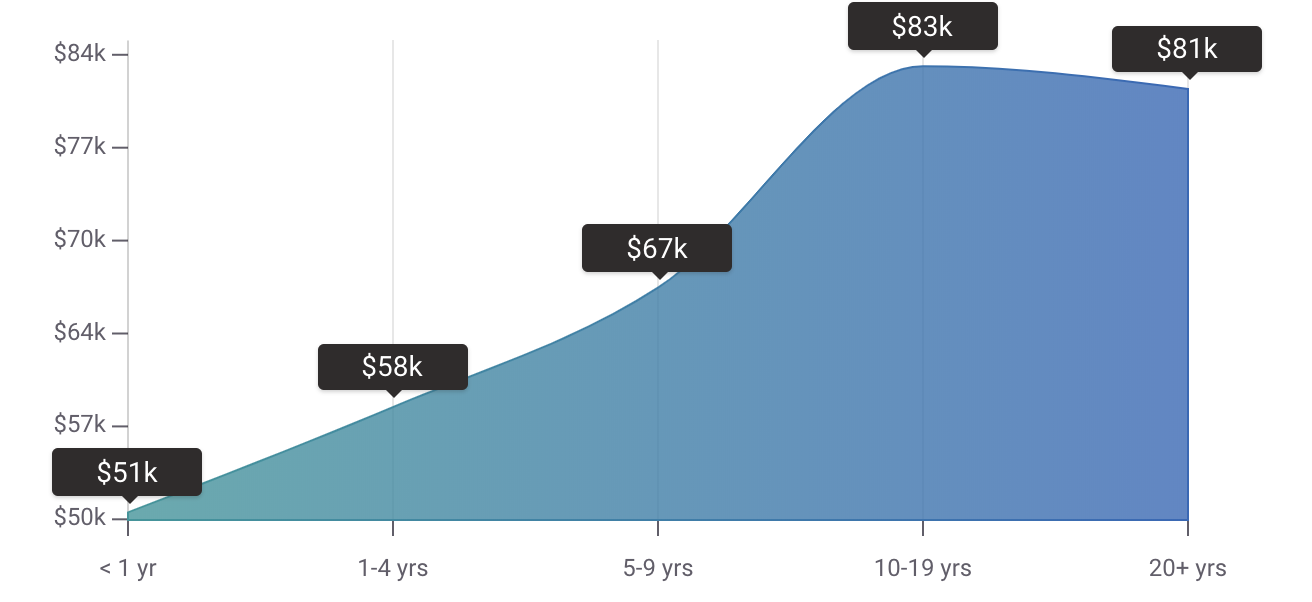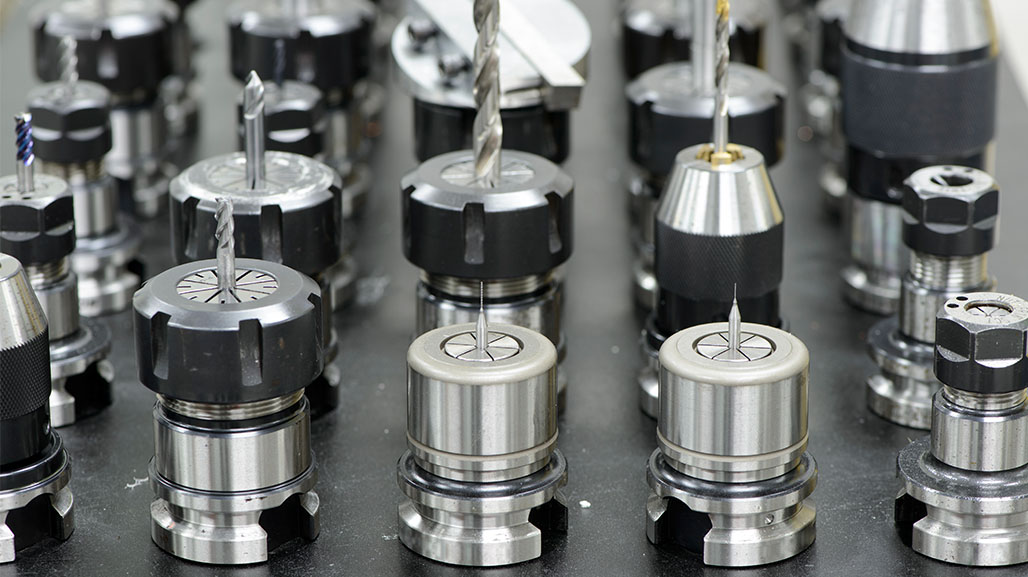Career Guide in Manufacturing: What is a Quality Control Manager?
Quality control managers focus is on verifying and improving parts quality.
Quality control managers focus is on verifying and improving parts quality.
Quality control managers play a critical role in manufacturing and metalworking businesses: ensuring work quality on parts and driving up efficiencies in process. We take a look at this QA job—the skills, the salaries and the career paths.
Are you a perfectionist? Are machining and manufacturing in your DNA? Then the job of quality control manager might be right in your wheelhouse.
Perfection is no doubt an overstatement, as the true role of this job is to balance the delivery of high-quality parts against optimal manufacturing efficiency. It is a critical position, as these managers have a pivotal role that must ensure both quality and speed to market.
“Strong attention to detail, observation, organizational and leadership skills” are all typical attributes for success in this job, points out Betterteam’s Jobs Description Directory.
The job has a wide salary span, but the average pay is in the $70,000 range, according to Glassdoor:


Quality control managers oversee product quality to ensure products are created to the specifications; they also focus on ways to make the production process as efficient as possible.
“They choose how, where and how often manufacturing products are tested during the manufacturing process,” notes Payscale.com, adding that “they must balance between too many tests, which slows manufacturing, and too few tests, which leads to lower-quality products.”
Up your quality control game: Win a four-piece Mitutoyo wireless measurement kit in our Better MRO contest—just tell us how you’d use it in a post on our Contest Forum. We have five Mitutoyo U-Wave kits to give away.
The quality control manager is instrumental in developing metrology programs and working with the manufacturing and process engineers, as well as machinists, workers on the manufacturing line and inspection teams.
In addition to that more typical work, this role also involves reviewing statistical studies, technological advances, regulatory standards and general manufacturing trends to keep current on issues tied to quality control, OwlGuru.com points out. “They might also evaluate new testing and sampling methodologies or technologies to determine usefulness.”
As already noted, it’s a role that involves liaison work—often between the workers on the plant or shop floor and managers about issues related to work processes and to production.
In fact, OwlGuru.com reports that 97 percent of quality control managers say it’s critical to be able to work in a team in this role and that 100 percent say they take part in group discussions every day.
The quality control manager definitely focuses on operations practices and ways to help drive up productivity and improve work processes that will reduce costs while also ensuring that parts and products adhere to desired quality specifications.
Although the exact work demands may vary across businesses, Betterteam notes that quality control managers also often:
Set the requirements for raw materials from suppliers and monitor use.
Oversee product development procedures to identify any deviations from quality standards.
Inspect final output, comparing it to requirements and approving or rejecting products.
The potential to increasingly move up and manage larger teams in bigger manufacturing facilities is possible in this job, with starting salaries hovering around $50,000.
On the high end, some employees in this role are making upward of $110,000, notes Payscale.com:

Experience on the job will lead to salary bumps—up to a point. Payscale.com found that managers in this role for more than 20 years actually made slightly less than their less experienced counterparts.
This difference in pay also could account for the increasing demands of the job today—new skill sets tied to tech-heavy manufacturing environments and the adoption of methodologies such as lean manufacturing, for instance.

Quality control managers start on a career path to their jobs through a number of roles: as machinists, as members of the inspection team, as product engineers, as assistant quality control managers.
As to education, many in this job are engineers, though an engineering degree is not a make-or-break for success in this field. Nearly all companies seek candidates with explicit manufacturing experience, and some also look for specific industry vertical knowledge, according to Study.com.
That said, a college degree is typically an expectation for these jobs and often one in engineering for the jobs on the higher end of the pay range.
Bureau of Labor Statistics data “indicated that job candidates interested in quality control management positions should possess at least a bachelor’s degree,” Study.com says. “Science or business-based degree programs may provide the most applicable educational preparation for a quality control manager’s job.”
MSC has partnered with Tooling U-SME, a leader in manufacturing for nearly 90 years, to offer online training packages that support core manufacturing roles by helping develop and maintain the necessary skills to keep up with new innovations and advanced manufacturing.
Learn More and Start Your FREE Trial Today
How are the salaries for quality control managers where you are? If you are one, what was your career path?
A review of job listings for quality control managers in machining and metalworking companies showed that beyond specific manufacturing and CNC knowledge, companies also look for other qualities in their candidates.
Here are a couple that you might be surprised were noted in job ads:
“Strong ‘people skills’ to be able to deal with various personalities and levels within the organization.”
“Active listening—Ability to actively attend to, convey and understand the comments and questions of others.”
“Motivation—Ability to inspire oneself and others to reach a goal and/or perform to the best of their ability.”
“Someone who is a natural team player yet works equally well on their own with limited direction.”
OwlGuru.com defines the ideal personality types for this job as persuaders and organizers.
“You will like this career if you are someone who likes starting up and carrying out projects,” it notes. “They like leading people and making many decisions. Sometimes they require risk taking and often deal with business.”




